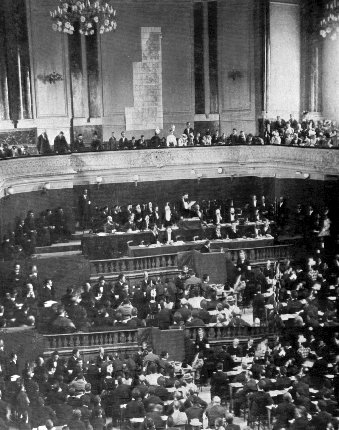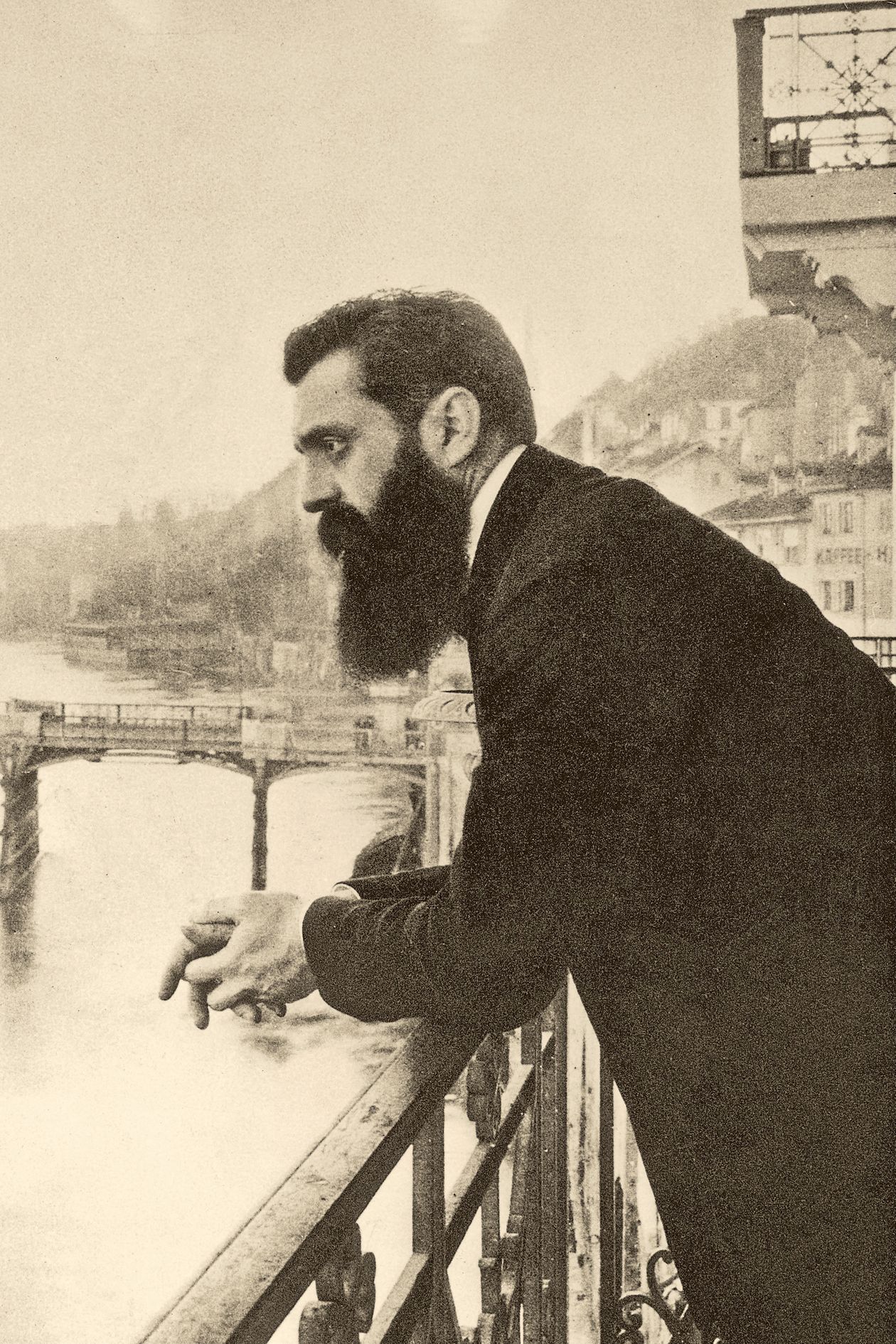Voting for the 39th World Zionist Congress closed on Monday night with a record 238,826 votes cast, representing a 93% increase over votes cast in 2020, and more than the previous high turnout in 1987 of 210,957. 251,930 people registered as of Friday. Voting was held for a total of eight weeks. 15,299 votes were submitted online since Friday morning alone. Hundreds of paper ballots remain uncounted.
For the first time, Israel365 Action ran in the WZC elections, marking a significant milestone in its campaign to reshape Zionist leadership in the post-October 7th era. The organization says it’s working against the “land for peace delusion,” as well as discrimination against Jews in Judea and Samaria. The group is aligned with American Jewish Conservatives and the American Faith Coalition.
“Since October 7, Israel 365 has seen a real need for activism,” said Rabbi Tuly Weisz, the head of Israel365. “We were focused on education for over 10 years, but when the war started, we saw a need to shift into activism, in particular against Palestinian statehood and in support of Judea and Samaria. It’s been a wild ride with so much to do and so many changes in Israel. We saw the World Zionist Congress elections as an important venue. For Israel’s sake, we needed to have a presence and to be vocal.”
Israel365 Action aims to fortify the State of Israel and the Jewish people against a backdrop of surging antisemitism and anti-Zionism.
“We started a party, and I’m so proud of our efforts and so grateful for all the hard-working volunteers and delegates who worked so hard on our election campaign. No matter the results, there was already a success in that we’ve put the issue of Judea and Samaria at the forefront of the conversation of the Zionist movement today. This election was the first step. No matter what, Israel365 Action is going to continue to fight for Judea and Samaria and against the two-state solution.”
“After October 7, it is clearer than ever that a two-state solution is a fantasy that disregards the complex realities on the ground and the irreversible settlement of 500,000 Israelis in Judea and Samaria.”

With a list of 100 delegate candidates, the diverse slate includes prominent Jewish leaders, activists, educators, and professionals from across the United States, representing the party’s commitment to bringing fresh perspectives to the World Zionist Congress. The candidates include notable figures such as Newsweek senior editor-at-large Josh Hammer, CEO of Prager University Marissa Streit, political commentator and Miss Central Jersey 2024 Justine Brooke Murray, American Jewish Conservatives founder Benjamin Gershon, Rabbi Pinchas Taylor of the American Faith Coalition, South Florida community activist Tila Falic Levi, and many other distinguished community leaders.
Israel365 Action advocates for alliances with faith-based Christians, which the slate calls “our truest friends” and “most reliable allies.” It is heavily critical of the American Jewish establishment, whose “Oct. 6 mindset has catastrophically failed us,” according to the group.
Israel365 Action stands on three core principles: the need for new, courageous Zionist leadership in the aftermath of October 7th; unwavering support for Jewish rights to the entire land of Israel and rejection of the two-state solution; and strengthening bonds with Israel’s steadfast allies worldwide, particularly faith communities.
Its platform positions itself as a critical response to the failings of the Oslo Accords, Palestinian leadership, and disengagement policies, which have failed to bring lasting peace or security to Israel.
The platform emphasizes that this territory, where many of the foundational stories of the Bible took place, is central to Jewish identity. Citing Israel’s failed 2005 Gaza disengagement as a cautionary precedent, the movement’s founders insist that only Jewish sovereignty leads to security.
A record twenty-two organizations, including nine new entities, vied for more than $1 billion of funding and the ability to have a voice in Israel’s future in “the parliament of the Jewish people.” The more than 2,900 candidates on the ballot from 43 U.S. states and territories represented a significant increase from 2020, when 14 slates ran about 1,800 candidates. Each slate will be assigned a proportion of congressional seats based on the percentage of the vote it earns. U.S. voters, both on paper and online, will elect 152 delegates—about one-third of the 500 seats. The other 348 are allocated to Israel and the rest of the Diaspora.
Voters must be U.S. citizens or permanent residents at least 18 by June 30. They were able to register and vote online or request paper ballots. A $5 registration and voting fee covers the costs of operating the election. Voters must maintain primary residence in the United States, be Jewish, not subscribe to another faith and accept the Zionist movement platform the Jerusalem Program, which, in part, “views a Jewish, Zionist, democratic and secure State of Israel to be the expression of the common responsibility of the Jewish people for its continuity and future.”
People who voted in November 2022 in the Knesset election or intend to vote in a future Knesset election before July 28 are also ineligible.
With elections every 4-5 years, the World Zionist Congress has historically been dominated by left-wing and progressive Zionist groups, which 1JState claims have pushed dangerously for the Two State Solution and detached Zionism from its biblical roots.
The 39th World Zionist Congress is scheduled to convene in Jerusalem from October 28–30, 2025, 128 years after Theodor Herzl established the Zionist Congress in 1897 as the supreme organ of the Zionist Organization (ZO) and its legislative authority. The World Zionist Organization elects the officers and decides on the policies of the WZO and the Jewish Agency, including “determining the allocation of funds.”




